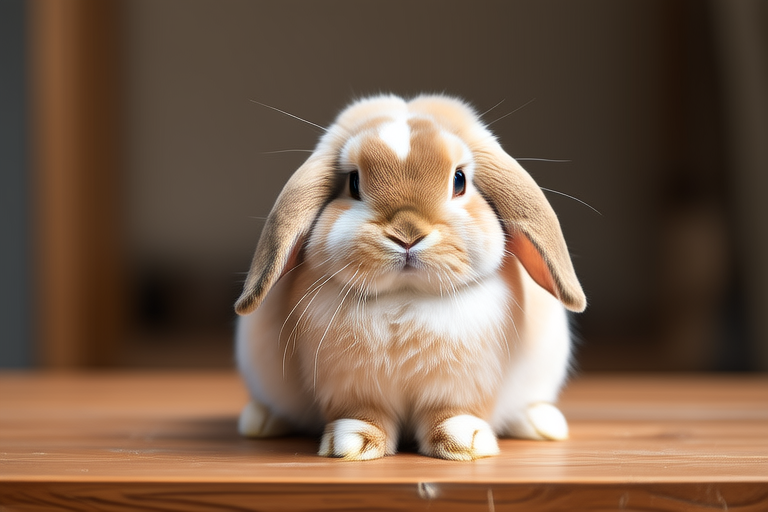The Ultimate Guide to Keeping Your Guinea Pig Healthy and Happy
Introduction
Welcome to the ultimate guide for guinea pig owners! Guinea pigs, also known as cavies, are delightful and social animals that can make wonderful companions. However, they require specific care to ensure they stay healthy and happy. This guide will cover everything you need to know about keeping your guinea pig in top shape, from diet and housing to exercise and grooming.
Proper Diet
A balanced diet is crucial for the overall health of your guinea pig. Their diet should consist primarily of hay, fresh vegetables, and a small amount of pellets. Timothy hay or orchard grass hay is ideal for guinea pigs because it aids in digestion and keeps their teeth trimmed. Fresh vegetables like bell peppers, kale, and romaine lettuce provide essential vitamins and minerals. Ensure that vegetables are washed thoroughly before feeding them to your pet. Additionally, vitamin C supplements are necessary since guinea pigs cannot produce this vitamin themselves. Always consult with a veterinarian regarding the correct dosage.
Housing Requirements
Guinea pigs need a spacious living environment where they feel safe and comfortable. The cage should be large enough to allow movement and exploration. A minimum size of 7.5 square feet (75 inches by 48 inches) per guinea pig is recommended. Use solid flooring rather than wire mesh to prevent injuries to their delicate feet. Line the bottom of the cage with bedding made from paper-based products, as these are safer and more comfortable than wood shavings or corn cob. Clean the cage regularly to maintain hygiene and prevent odors. Providing hiding spots, tunnels, and toys can enrich their environment and stimulate natural behaviors.
Exercise Needs
Regular exercise is vital for maintaining good physical and mental health in guinea pigs. In addition to having ample space within their cage, it’s important to allow them supervised time outside of their enclosure daily. This can be done by setting up a play area in a safe room or using an exercise pen. During this time, monitor them closely to ensure they don’t ingest harmful objects or substances. Exercise helps prevent obesity and promotes muscle strength. Rotate toys and provide different types of tunnels and chewable items to keep them engaged and active.
Grooming Tips
Regular grooming is essential for keeping your guinea pig clean and comfortable. Brush their fur weekly to remove loose hair and prevent matting. Long-haired breeds may require more frequent brushing. Trim their nails every few weeks if they don’t wear them down naturally. Check their eyes, ears, and nose daily for any signs of discharge or irritation. Bathing should be minimal; instead, spot clean areas that are dirty or smelly. Use warm water and gentle pet-safe shampoo when bathing your guinea pig. Dry them thoroughly afterward to avoid catching a chill.
Common Health Issues
Guinea pigs are prone to certain health problems that can be prevented with proper care. Dental issues such as overgrown teeth can occur if they do not have access to enough hay or appropriate chew toys. Respiratory infections are another common issue, often caused by poor ventilation or drafts. Diarrhea can result from sudden changes in diet or contaminated food. To prevent these conditions, maintain a consistent routine and address any concerns promptly. Consult a veterinarian immediately if you notice unusual behavior or symptoms.
Signs of Illness
Early detection of illness is key to successful treatment. Familiarize yourself with normal behaviors so you can recognize when something is wrong. Watch for changes in appetite, energy levels, or bathroom habits. Other warning signs include runny nose, watery eyes, sneezing, coughing, hunched posture, lethargy, and difficulty breathing. If you suspect your guinea pig is ill, isolate them from other pets and contact a veterinarian right away.
Regular Check-Ups
Scheduling annual visits with a veterinarian who specializes in exotic animals ensures early diagnosis and treatment of potential health issues. These check-ups include examinations of the mouth, teeth, eyes, ears, heart, lungs, and digestive system. They also provide opportunities for vaccinations and preventive treatments against parasites. Keep records of all medical history, including medications administered, surgeries performed, and dietary changes made. This information will be invaluable during future consultations.
Enrichment Activities
To promote mental stimulation and reduce boredom, incorporate various enrichment activities into your guinea pig’s daily routine. Offer different types of toys, such as tunnels, chew blocks, and puzzle feeders. Rotate these items periodically to maintain interest. Introduce new scents and textures through safe plants or herbs placed inside the cage. Social interaction plays a significant role in their well-being; spend quality time handling and talking to your guinea pig each day. Interactive games like hide-and-seek or treasure hunts can strengthen bonds while providing entertainment.
Conclusion
By following the guidelines outlined in this guide, you can help ensure that your guinea pig lives a long, healthy, and happy life. Remember that each individual has unique needs, so pay attention to their behavior and adjust care accordingly. With dedication and love, you’ll create an enriching environment that supports both physical and emotional wellness. Happy pet parenting!
